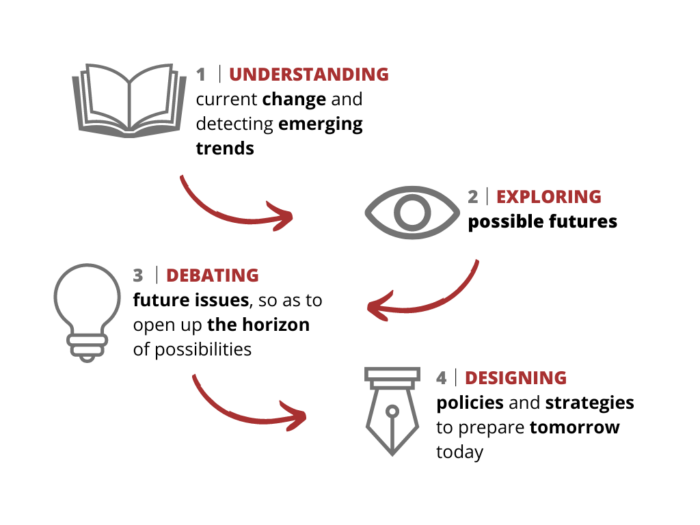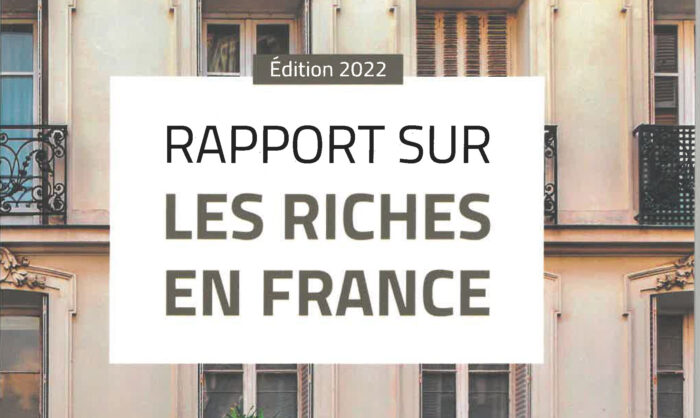Over the last five years, property prices in France have risen sharply, which means that more and more lower or middle-income households find it impossible to gain access to the housing market or are forced to move into poorer neighbourhoods. This tends to reinforce the geographical and social segregation of the country. The French media have devoted increasing amounts of space to these developments. In a book published in 2004, Le Ghetto français (Paris: Le Seuil, 2004), Éric Maurin raises a number of points that make these changes clearer and easier to understand.
Charles du Granrut has read the book for Futuribles and summarizes the main conclusions here: society in France is more and more fragmented, French families are seeking at all costs to live in areas or neighbourhoods where they are likely to find people like themselves (in socio-economic terms) or of a slightly higher social class. They feel that this is the only way that they can give their children the upward social mobility that otherwise, unfortunately, tends to be blocked.
As a result, the social and educational inequalities become greater – since, according to this article, the environment (neighbourhood, other pupils at school, etc.) is a decisive factor in determining an individual’s academic success. France therefore appears to be a fragmented society that cannot escape from its fragmentation. In order to remedy this situation, the indicators for monitoring it need to be improved, and public policies should be targeted more on groups within the population rather than on geographical areas.
France: a Fragmented Society. Review of Éric Maurin, Le Ghetto français
Cet article fait partie de la revue Futuribles n° 307, avr. 2005



